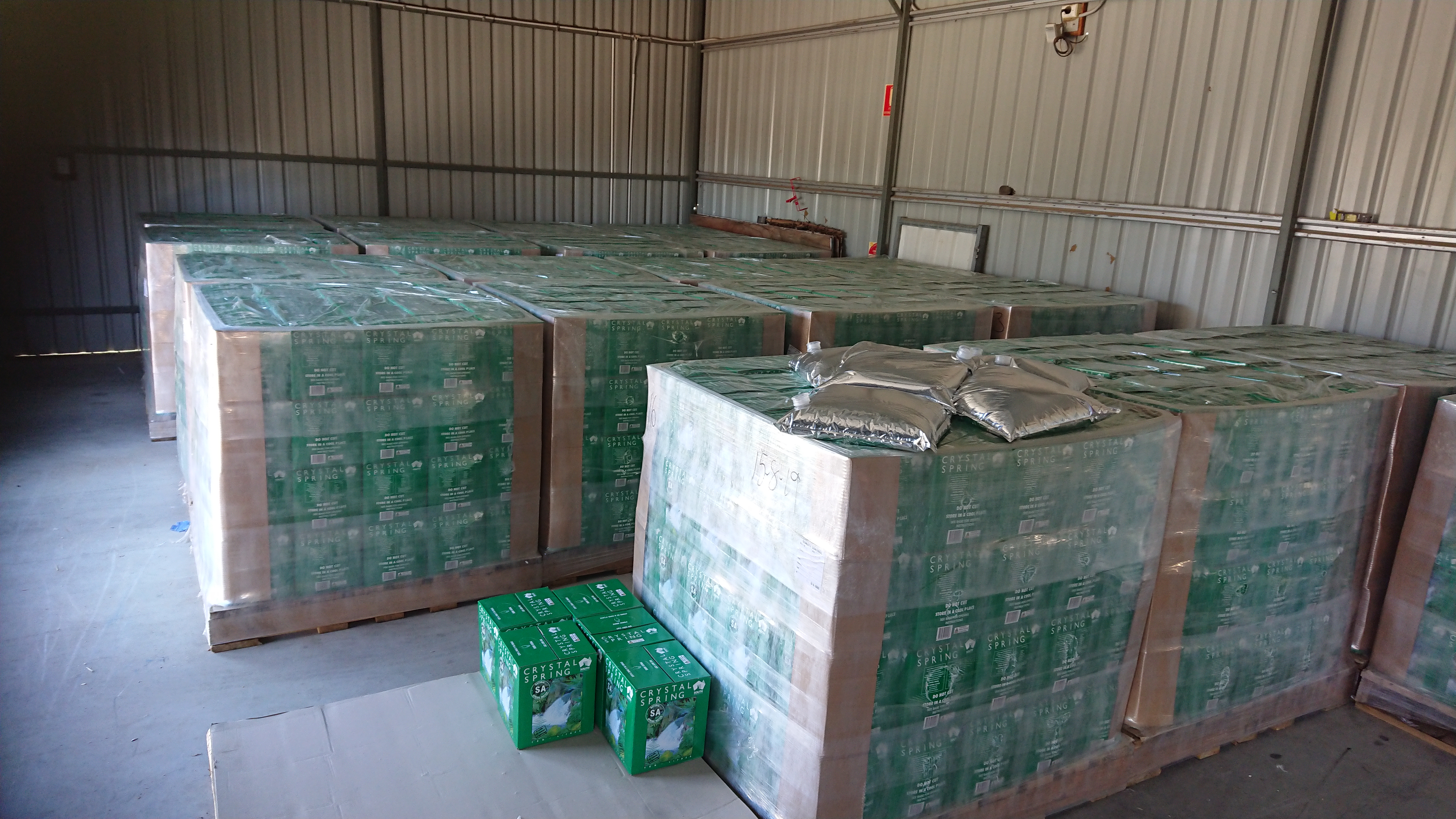May Update: Yuwaya Ngarra-li Partnership
An update from the Yuwaya Ngarra-li partnership.
An update from the Yuwaya Ngarra-li partnership.

Key areas of priority for Yuwaya Ngarra-li identified by the DEG Elders Council have become even more urgent during the response to the threat posed by COVID-19: improving water and food security, addressing the over-policing of Aboriginal young people, and building community capabilities and control in Walgett.
In relation to food security, Vanessa Hickey, Project Officer for Yuwaya Ngarra-li in Walgett, has been gathering data about families going hungry in recent weeks due to limitations around supply and cost. She’s identified that some families usually rely on meals provided by the school canteen and breakfast program, and this has contributed to food shortages since children and young people have been home full-time due to COVID-19. Vanessa’s work has informed advocacy efforts around improving the accessibility of food quality and supply in remote communities including Walgett, including by Prof Jacqui Webster from the George Institute for Global Health.
The over-policing of Aboriginal young people has been of significant concern for some time in Walgett, which has a population of around 2000 predominantly Aboriginal people but a police force of 40. The state-sanctioned use of police to enforce public health measures during COVID-19, including hefty fines and even imprisonment, has the potential to exacerbate the criminalisation and inequality already experienced by Aboriginal people. Through her convening of the Walgett Youth Justice Working Group, Peta MacGillivray, Project Manager for Yuwaya Ngarra-li at UNSW, is amplifying the perspectives and priorities of local Aboriginal community controlled organisations in protecting the health and interests of Aboriginal people during this stressful time. A recently published article, 'Advocating and supporting community-led and locally-driven approaches to responding to COVID-19 is paramount, with a focus on measuring the effectiveness of reducing the spread through the support of community, not punishment', can be read here.